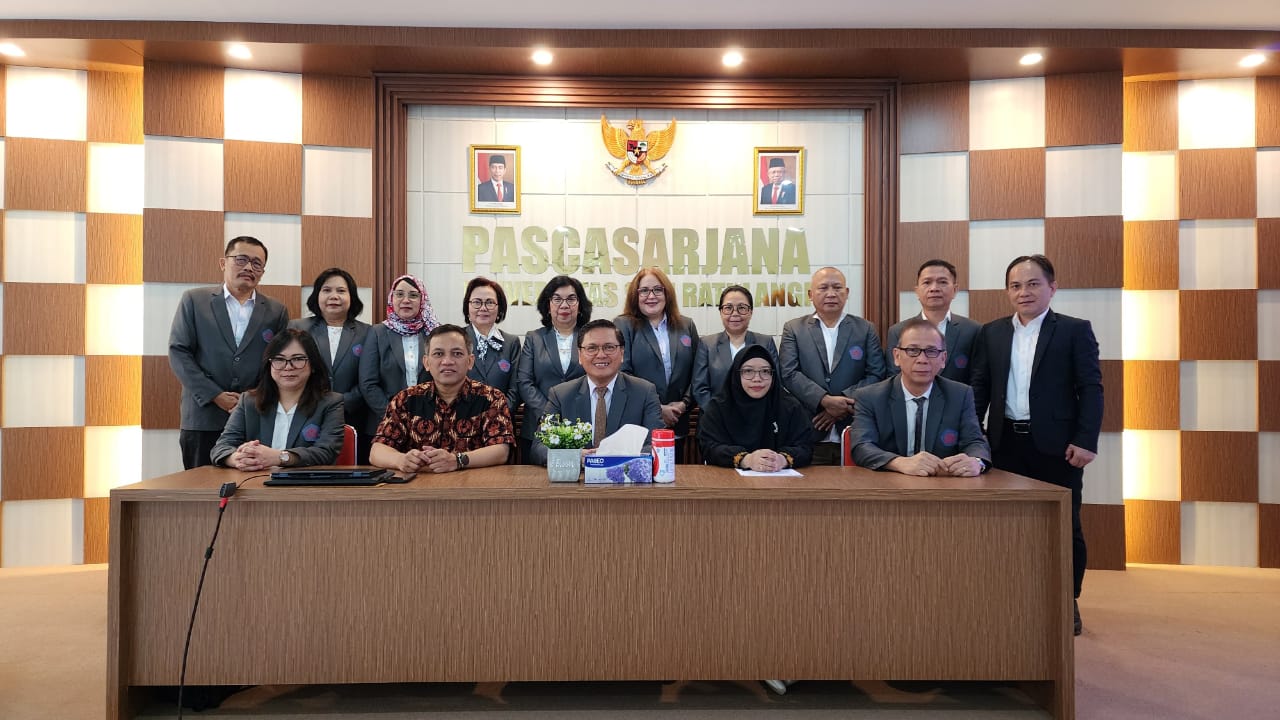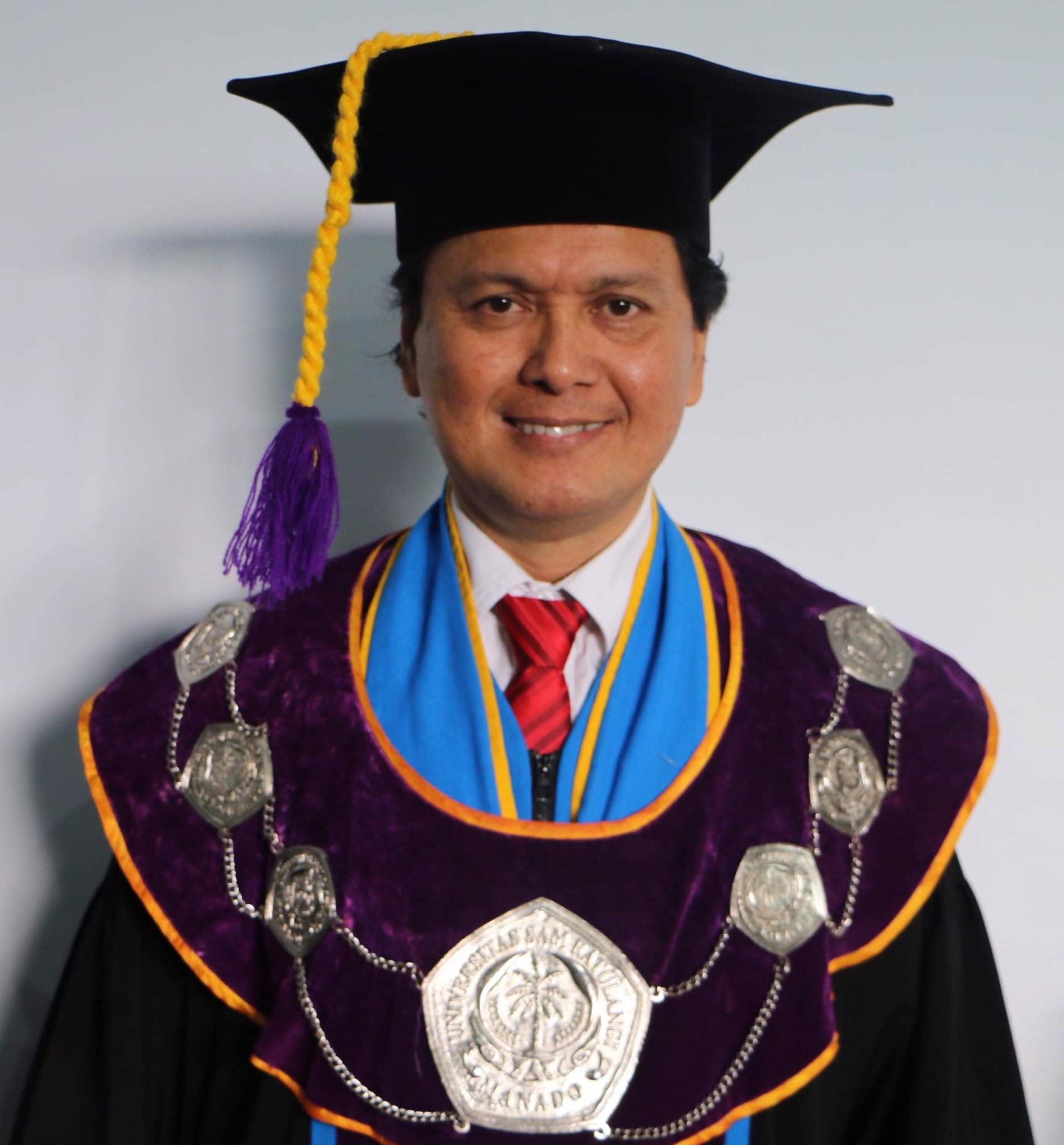Peserta Lulus Seleksi Penerimaan Mahasiswa Baru, Pascasarjana UNSRAT, Semester Genap, T.A. 2024/2025
Info lengkap < klik di sini >
Info lengkap < klik di sini >
Pascasarjana UNSRAT menggunakan fasilitas bersama (sharing resources) dengan semua unit kerja yang ada di UNSRAT. Penggunaan laboratorium untuk kegiatan penelitian, mahasiswa Pascasarjana (Program Doktor, Magister, dan Program Profesi) dapat menggunakan laboratorium yang ada di semua unit kerja di UNSRAT (sesuai dengan relevansi materi penelitiannya), baik yang ada di tingkat fakultas maupun yang ada di tingkat universitas. Laboratorium yang ada di tingkat universitas, salah satunya, yaitu Laboratorium Terpadu (UPT). Untuk mengetahui fasilitas dan layanan yang dimiliki oleh LABORATORIUM TERPADU < klik di sini >


Selamat datang di situs resmi Pascasarjana, Universitas Sam Ratulangi (PPs Unsrat), Manado. Untuk mengenal dan mengetahui tentang PPs Unsrat yang telah tersertifikasi ISO 9001:2015 & ISO 21001:2018 ini, silakan berselancar lebih jauh ke dalam situs ini. Semoga bermanfaat.
Direktur PPs Unsrat:
Prof. D.Tech.Sc. Ir. Markus T. Lasut, M.Sc
Sebaiknya Anda Tahu: